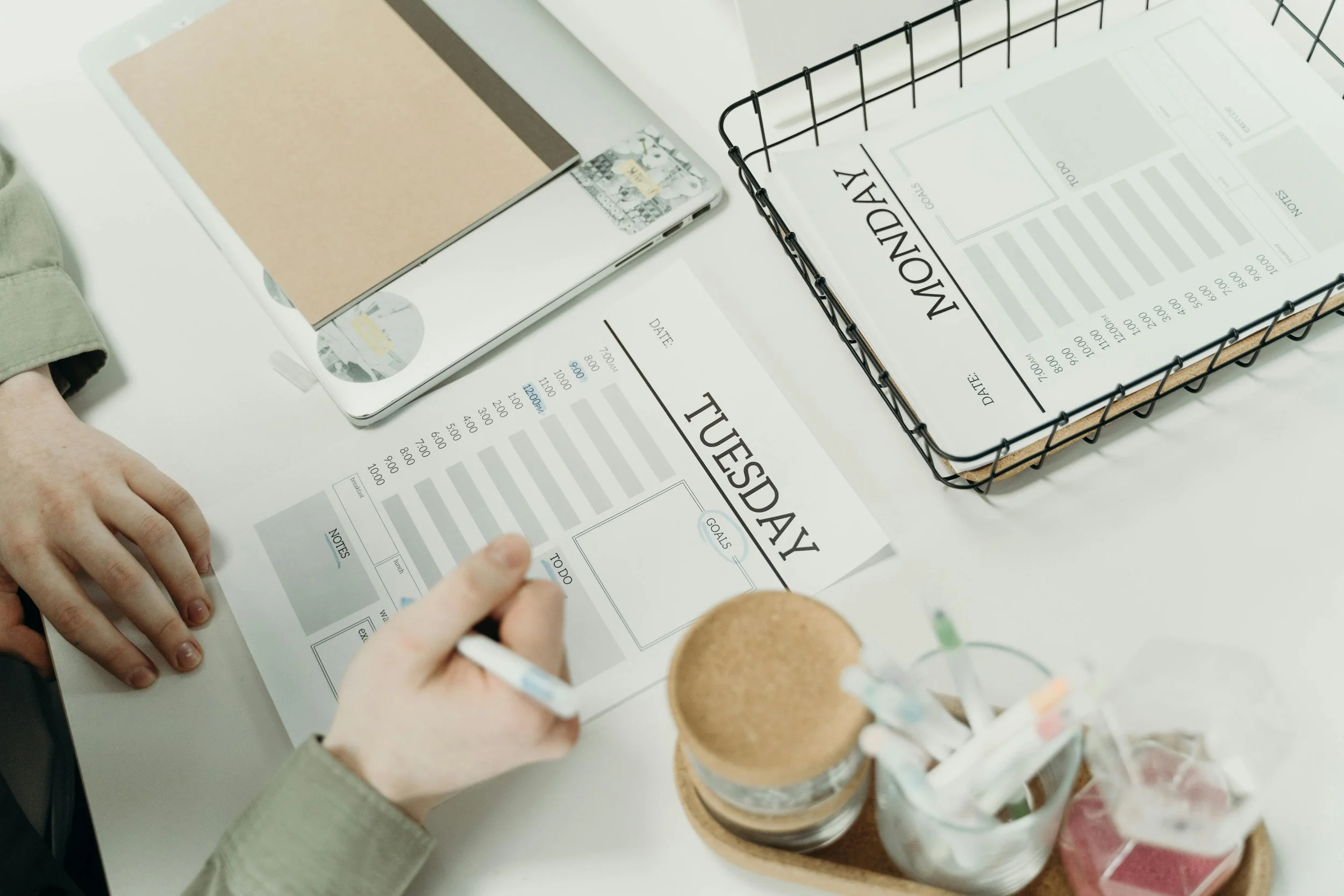
Reaching Pennsylvania, Massachusetts, Virginia and Georgia
ADHD
Most common symptoms in childhood
Difficulty focusing or staying on task
Seeming not to listen when directly spoken to
Constant fidgeting or squirming
Talking more than most do
Making hasty decisions without thinking them through
Often interrupting or saying things at inappropriate times
Quick to frustration or anger
These behaviors are more than just occasional lapses; they can be persistent and pervasive, affecting performance, social skills, and family dynamics. But here's the good news.
Treatment can make a remarkable difference!
It’s interesting to know that many adults live with undiagnosed ADHD, leading to significant challenges in their daily lives. Adult ADHD can profoundly impact work, relationships, and overall well-being, yet it often goes unrecognized, leaving many individuals struggling without understanding the root cause of their difficulties.
Common consequences of untreated ADHD
Difficulty with Focus and Concentration
Time Management and Organization Issues
Impulsivity and Emotional Regulation
Low Self-Esteem and Mental Health Struggles
Relationship Difficulties
We offer comprehensive assessments and personalized treatment plans to help you thrive. Don’t let ADHD hold you back—embrace the opportunity for a more fulfilling and successful life.
-
Establish routines, breaking larger tasks down into small tasks, and creating reminders
-
Regular exercise, a balanced diet, and Omega 3 vitamins. Behavioral therapy, such as cognitive-behavioral therapy (CBT) or behavior modification techniques, can teach coping skills and strategies to manage impulsivity, improve attention, and enhance self-control. In some cases, medication may also be prescribed, such as stimulant medications or non-stimulant alternatives, to help regulate brain chemicals involved in attention and impulse control.
-
Not all clients require medication therapy. Implementing healthy habits can help significantly. Stimulant therapy is typically used when felt essential by your provider, and in combination with counseling and lifestyle modifications can make a big impact
Click on the photo to take an Adult Self Assessment for ADHD
Reclaim control over your focus and future
Behavioral therapy, such as cognitive-behavioral therapy (CBT) or behavior modification techniques, can teach coping skills and strategies to manage impulsivity, improve attention, and enhance self-control. In some cases, medication may also be prescribed, such as stimulant medications or non-stimulant alternatives, to help regulate brain chemicals involved in attention and impulse control.




